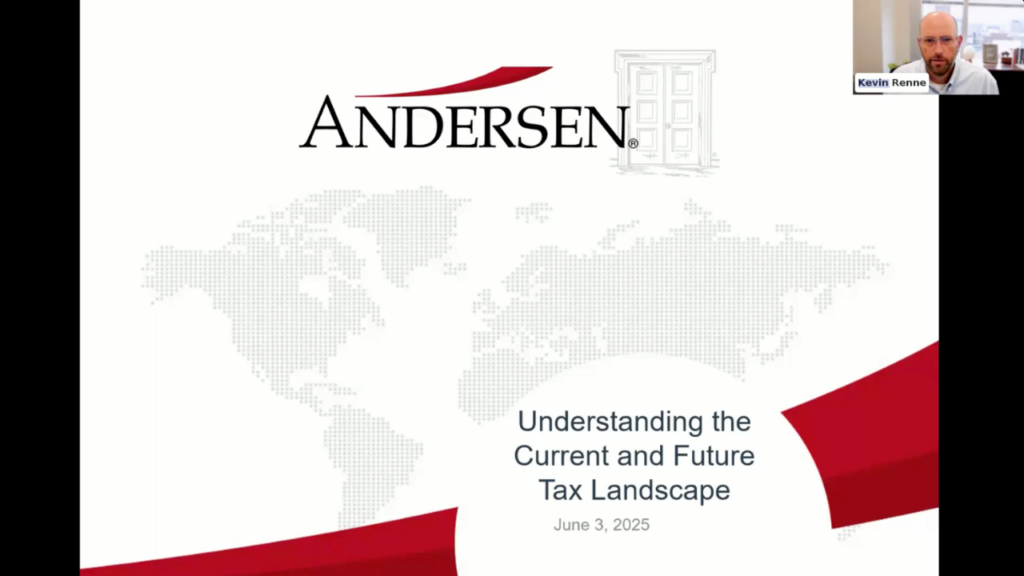The end-of-year holidays are rolling around, and things are about to get busy. But there’s still time to have a positive impact on the philanthropic causes you care most about—and get a break on your taxes that could come in handy, next April. Let’s take a look at some actionable charitable gifting ideas for the remaining weeks of 2024.
Don’t Forget Your DAF
Donor-advised funds (DAFs) have become more and more popular over the last few years, mainly because they provide a convenient way for charitably minded folks to transfer assets in large blocks and then direct the flow of gifts to their preferred qualified charitable organizations over several years, if desired. The DAF accepts the assets from the donor, generating an immediate charitable deduction for the amount of the asset’s fair market value. Then, as the name implies, the donor can direct gifts of any size from the fund to qualified charities. DAFs can be especially useful for “bundling” several years’ worth of contributions into a single year of giving, generating a charitable donation credit for the donor’s tax return that can potentially exceed the standard deduction. Then, gifts can be disbursed to qualified charities of the donor’s choice over several years, if desired.
Remember Appreciated Non-Cash Assets
Speaking of DAFs, they also make it easier for donors to gift non-cash assets, like listed securities, real estate, collectibles, or even business interests, if appropriate. The donor can transfer the assets to the DAF and get the charitable deduction, and the DAF can then liquidate the assets (with no tax consequences for any capital gains) and disburse funds to the charities of the donor’s choice. This can be an especially effective strategy if you have appreciated assets that would generate significant capital gains.
Integrate Your Tax-Loss Harvesting with Your Giving
Many investors utilize tax-loss harvesting to create greater tax efficiency. By recognizing losses on certain positions, they can offset gains in other parts of the portfolio. They may then choose to donate the sales proceeds generated by recognizing the loss. Such losses can also be used to offset up to $3,000 of ordinary income. By the way, this strategy can also be used to offset investments sold for a gain; by donating some or all of the sales proceeds, the resulting charitable deduction from “tax-gain harvesting” can help to reduce your overall tax bill.
Rebalance—Charitably
Systematic rebalancing is an integral part of sound portfolio strategy. Over time, as assets gain and lose value at different rates, your asset mix percentage gradually gets “out of plan.” The problem is, when you must sell assets that have appreciated, you will get hit with a capital gains tax bill. However, you may be able to use a charitable gift of appreciated assets to offset a portion of the gains, which could make the “cost” of rebalancing a little less painful.
Pairing Your Donations with a Roth Conversion
Need to do a Roth conversion but not looking forward to the tax bill? By pairing your Roth conversion with a charitable donation, you can potentially offset the taxes you’ll pay for the conversion with a matching charitable deduction.
Qualified Charitable Deduction
A qualified charitable deduction (QCD) involves making a gift from your individual retirement account (IRA) directly to a qualified charity. For those who must take required minimum distributions (RMDs) from their traditional IRAs, a QCD can be a good way to direct a gift to your favorite qualified charity and avoid being taxed on the income represented by the RMD. In fact, it is possible to transfer as much as $100,000 per year from your IRA to your favorite qualified charity.
At JFS Wealth Advisors, we know that our clients want their portfolios to operate with maximum tax efficiency. But we also know that they have important causes they care about and would like to assist. We provide guidance that keeps our clients’ needs and charitable priorities foremost. If you’d like advice about your year-end gifting plans or any other important financial matter, please contact us; we’re here to help!




















